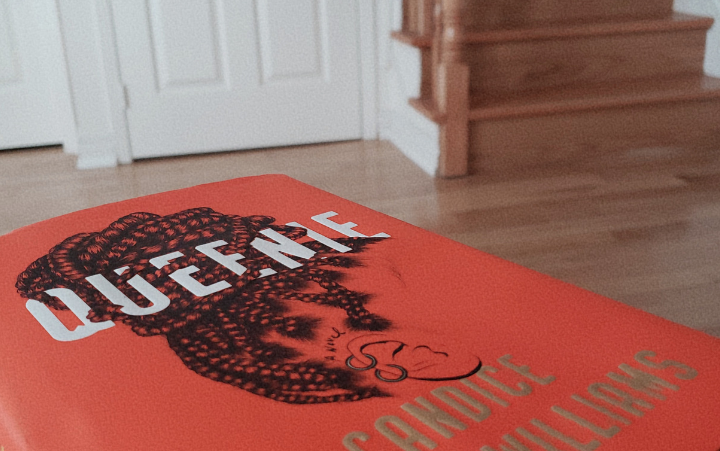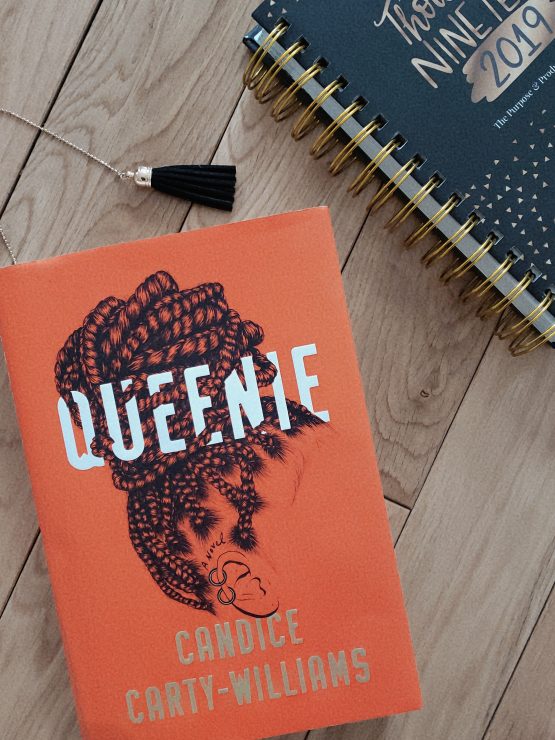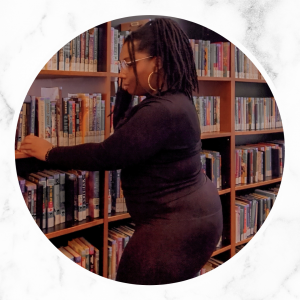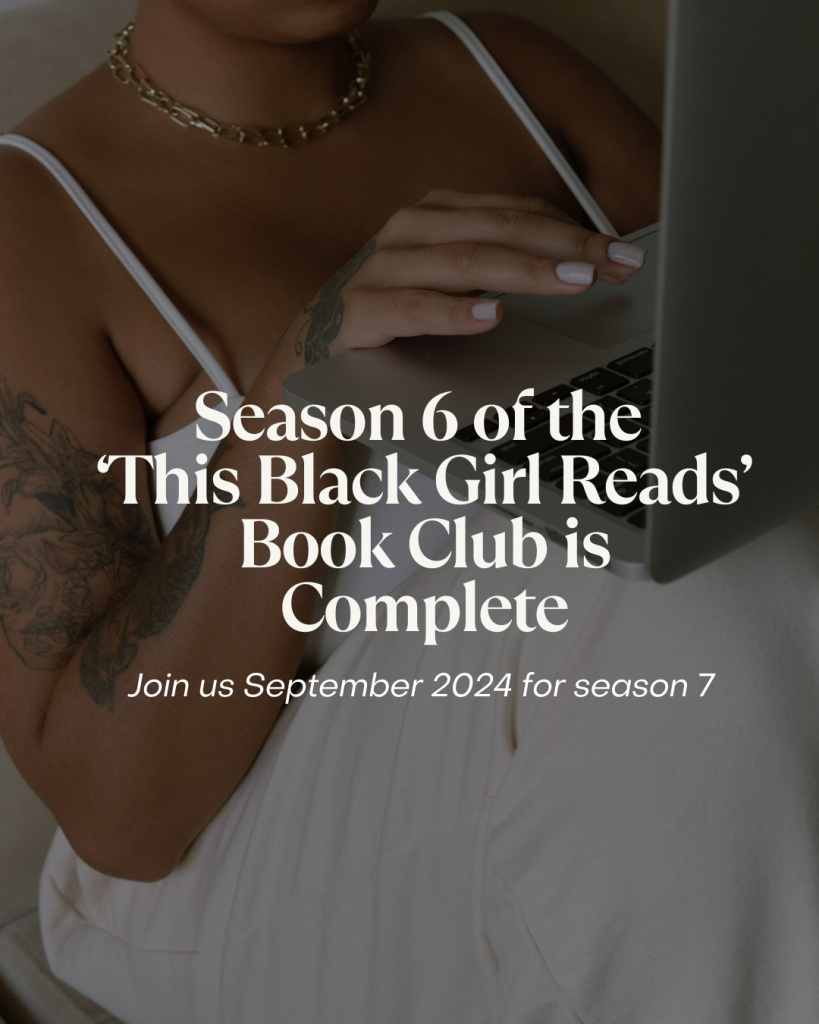Oh Queenie, Queenie, Queenie!
Those were my exact words as I read the last page in Carty-Williams’s debut novel, Queenie.
But I could have just as easily inserted any black woman’s name because what this book did more than anything else is illustrate the situations we encounter collectively as black women.
Sometimes they are in the shape of family, relationships, workplace, and society bias’ and microaggression and the list goes on.
While I love Williams’s smart, fearless novel, even before I read it, the story also left me feeling a weird sadness for the many women who suffer in silence, and unlike Queenie are not given a lifeline.
The novel follows Queenie Jenkins a Jamaican-British woman, living in Britain, but still very much attached to her Jamaican heritage and customs. The story begins as Queenie breaks up with her longtime white boyfriend Tom, and what follows their separation is a long list of impulsive behaviour, bad choices, and self-hate, on Queenie’s part, as she struggles with the loss of the relationship and past family issues she never quite dealt with.
The struggle is real for Queenie and her mess turns into the message she needs to get it together and seek help. Yet, as she becomes aware that she needs help she battles against all the ‘shoulds’ placed on her and the message she has received about mental health as a woman of colour.
What I love most about this story is that it is real. There are so many Black women like Queenie walking around everyday neglecting their mental health and existing from a place of brokenness. Why? Because they think they have to, they don’t take the time they need and often times they don’t have a community that supports them.
Queenie’s grandmother was the epitome of a Jamaican mother figure; loving, strong and real. Being of Jamaican descent myself I saw so many of my aunts and relatives in her and some of the messages she gave Queenie was so aligned to the messages I’ve received about being a woman, growth and the burdens placed upon us.
I think Audre Lorde said it best when she explained, ‘Caring for myself is not self-indulgence, it is self-preservation, and that is an act of political warfare.’
That’s the message Queenie and so many other Black women have received, that although very necessary, self-care is an act of political warfare.
In the book, Queenie leans a lot on her friendships and each one of her friendships feeds her in a different way. Their conversations and interactions were so authentic and true and I loved that the book showed the different dimensions of Queenie through those relationships.
Overall I would say that this book was a really good debut novel and I’m looking forward to what Carty-Williams does in the future.
I would be remiss if I didn’t mention that I don’t like that This novel was described as being similar to Bridget Jones’ Diary. I think that’s a very unfair comparison and perhaps some marketing professional thought that it would pull in those types of readers. Bridget Jones and Queenie only have one thing in common, they are British, that’s it.
But isn’t that comparison part of the message of the book and modern day black feminism? That a Black woman’s story cannot be relevant without the story of a white woman that makes it so?
A worthy and timely read.
3.9 stars
black women and mental healthI am queenieQueenieQueenie by Candice Carty-Williams












What do you think?